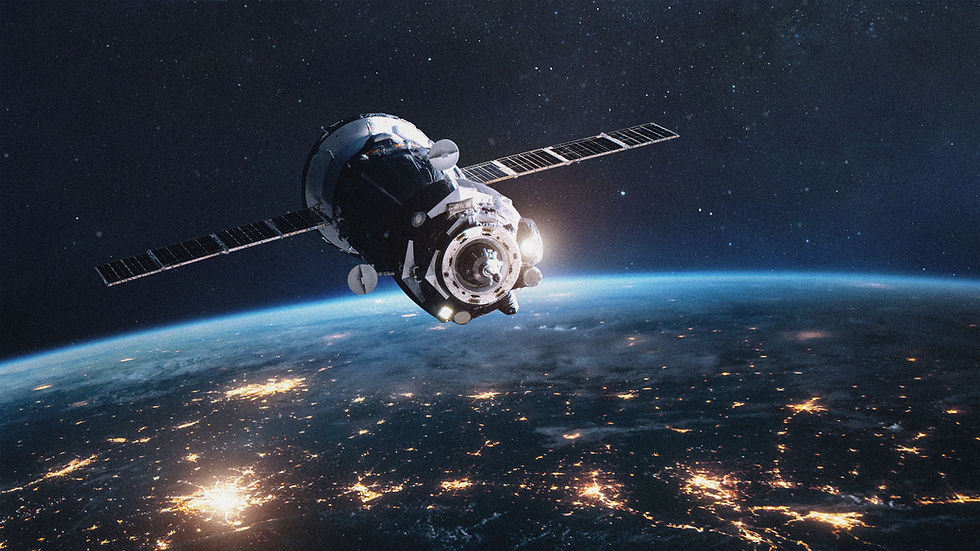Space Startups: Tips on Becoming a Space Entrepreneur
- Presley Dooner
- May 23, 2022
- 2 min read
We are all well aware by now that technology is our future. Countless new startups have become very successful very quickly based on their future-oriented products and goals. Space technology and exploration are one of those areas; after all, space may hold solutions for many problems that exist here on Earth! This means there are infinite possibilities for new companies to join the growing ranks of space companies.
Some say that the key to being a successful space entrepreneur lies in the characteristics of the aspiring businessperson. While some researchers credit the presence of a gene found in thrill-seekers, it comes down to outside factors too, such as one's environment, financial resources, and even luck. Entrepreneurs often are described as "restless, determined, and obsessed" with getting a project off the ground. Undying passion for a project is important, especially since the risks involved in starting a business are sizable enough to deter the faint of heart.
On Episode 52 of the AIA's podcast "Let's Go To Space: BLUE-SKY Learning", we had the amazing opportunity to meet with Dr. Pradeep Shinde, a PhD graduate from Florida International University. Dr. Shinde is also the CEO of SpaceLoon, a novel high altitude balloon company currently residing at Embry-Riddle Aeronautical University's MicaPlex Incubator. In this podcast, he discusses the formation of Space-Loon as well as the actions he took to make his business dreams a reality. We also learned more about the technology associated with "Space Balloons", including how they are made and the purpose they serve in furthering space-related research.

In addition to learning from Dr. Shinde, another tip for you aspiring space entrepreneurs is to reduce your company's waste by working more efficiently. We all know about the benefits of recycling for the Earth, but the truth is recycling for space is also important. Some great examples of being efficient in the industry include:
SpaceX landing and reusing rocket stages to reduce the cost of launches thus enabling cheaper and faster access to space
Planet Labs using components from consumer electronics like cell phones to reduce the size and the cost of manufacturing and launching satellites by almost ten-fold
OneWeb planning a factory for manufacturing high volume, low cost nano-satellites for a constellation of over 600 communication satellites
Insect Research Systems using the compact and highly efficient mass spectrometer from the Rosetta Comet Lander to build commodity bed bug detectors for hotels and airlines
Enabling water conservation by making highly efficient showers for homes by using water recycling technology developed for Mars missions
So if you want to be the next Elon Musk or make a difference as we face the space challenges of the future, we hope you will check out Dr Shinde's advice and give our other episodes a listen to hear about more amazing space and STEM education topics while you are at it. Of course, please also like, subscribe, and review to help us reach a larger audience.




Comments